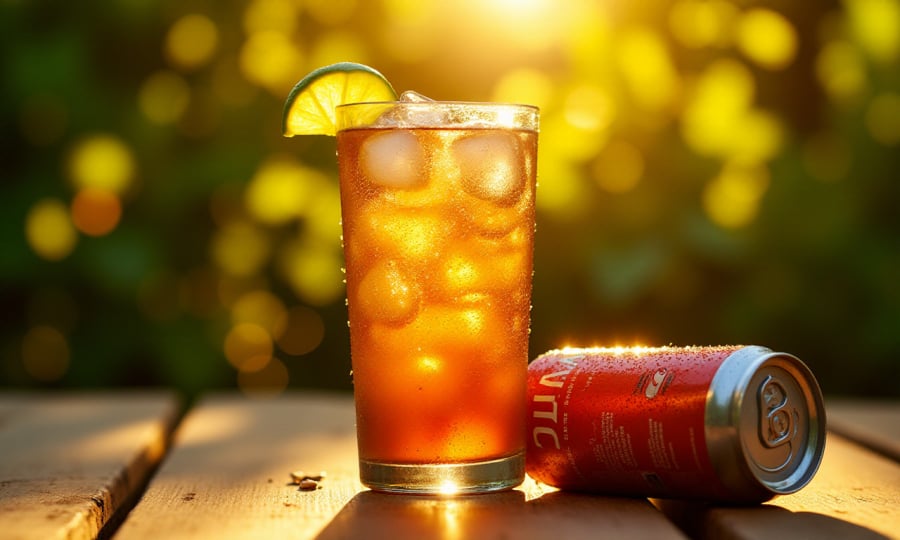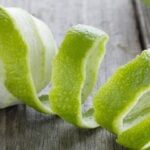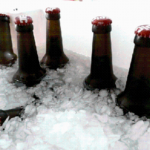The refrigerator is a handy appliance for daily food storage. However, not everything should be stored in it. Some seemingly harmless items can cause damage to your fridge, spoil food, or even become safety hazards if stored incorrectly. Here are five things you should avoid putting in your refrigerator to prevent any unwanted incidents in your kitchen.
1. Dry Ice: A No-Go for Your Fridge
When ordering frozen food or ice cream online, you might receive dry ice packs to keep your items cold. However, it’s important to know that dry ice should not be stored in your refrigerator, especially in the freezer compartment.
As dry ice transitions from a solid to a gas, it releases large amounts of carbon dioxide. In an enclosed space like your freezer, the buildup of CO₂ can increase pressure, causing the bag to inflate, pop, or even explode, which is extremely dangerous.
Tip: Allow dry ice to evaporate naturally in a well-ventilated area. Never place it inside your refrigerator or freezer.
2. Carbonated Soft Drinks: Keep Them Out of the Freezer
During hot summer days, you might be tempted to pop a soft drink into the freezer for a quick chill. However, this practice poses a significant risk.
Carbonated drinks contain high levels of carbon dioxide under pressure. When frozen, the volume of the liquid increases, and the additional pressure from the gas can cause the can or bottle to deform and potentially explode.
Tip: Instead of using the freezer, cool your soft drinks in a bucket of ice water or wrap a wet cloth around the can and place it in the fridge—a safe and rapid cooling method.

Soft drinks are best chilled in a bucket of ice water rather than placed in the freezer.
3. Beer: Avoid the Freezer Section
Contrary to popular belief, freezing beer not only diminishes its flavor but also poses a safety risk. Prolonged freezing can lead to bottle explosions, especially with glass bottles, which can shatter and send sharp fragments flying when opened.
Tip: To safely chill beer, submerge it in a bucket of ice or wrap it in a damp cloth before placing it in the fridge.
4. Fermented Vegetables in Sealed Jars: A Potential Explosion Risk
Fermented foods like kimchi, pickled vegetables, and salted vegetables continue to produce gas even when stored in the refrigerator. If stored in tightly sealed jars, the increasing gas pressure can cause the lids to bulge or even explode, making a mess and creating a safety hazard.
Tip: Use jars with loose-fitting lids or periodically release the built-up gas by opening the jars to ensure safe storage of fermented foods.

Periodically release built-up gas by opening the jars to ensure safe storage of fermented foods.
5. Passion Fruit Juice: Not a Fridge-Friendly Beverage
Some people like to make passion fruit juice in bulk and store it in sealed bottles in the fridge. However, this juice continues to ferment and produce carbon dioxide over time. The built-up pressure can cause the juice to spray or the bottle to explode when opened.
Tip: Use plastic bottles with loose-fitting caps, and consume the juice within 2–3 days to prevent fermentation and ensure safe storage.
Now you know the five things not to put in your refrigerator to avoid damage and maintain the safety of your household. Proper food storage not only prolongs the freshness of your food but also prevents unwanted incidents.



































